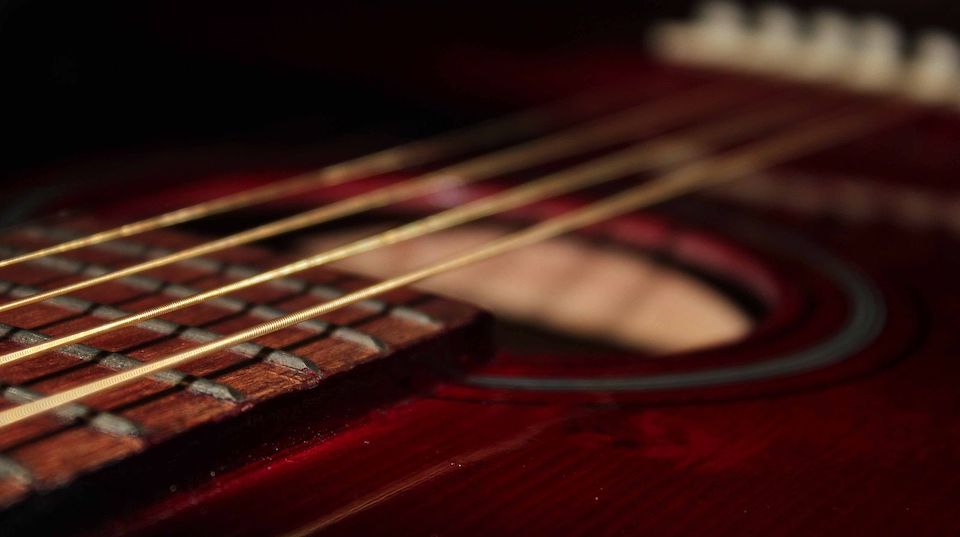Whichever hobby you’re interested in, there many people always seem to be telling you how you should or shouldn’t go about it. It happens in every aspect of one’s life, even with art forms like music! You start playing an instrument. You get really interested in it, only to feel bummed out by countless conflicting opinions flying all around. Some say learn how to read music, others say don’t.
In fact, many get discouraged early on. This is a real shame knowing how great it is for an individual to play an instrument or even write original music.
But if your child shows a noticeable interest in music, it would definitely be a great idea to encourage them to further pursue their artistic tendencies. After all, getting children involved in learning music is highly beneficial. Especially if it serves as a creative and expressive tool for them.
But while we’re at it, what’s the best approach here? Should we all stick to the traditional ways and teach them how to read music first? Or should we have a more playful and cheerful approach to teaching our kids music? Well, this is one of the most common questions of every parent whose child or children have just got into music.

Hey, music theory is important! But there’s a catch…
When a child starts getting into the music, they’re usually interested in the overall feel of it. To be quite honest, most of them probably don’t really care about getting into any of the theory behind it. To them, it’s all about enjoying and “consuming” the music in the most careless and sincere way.
Of course, this does not mean that you should completely discard and neglect music theory and notation. The idea is to get them interested in the instrument first. Let them learn how to play a few chords and melodies, and then, later on, introduce them to notation. At the end of the day, that gratification of learning how to play a few songs will hook them for life. And isn’t that the whole point? Just let them enjoy it a bit.
What you also need to know is that there are a lot more things to consider when it comes to reading music notation. For instance, it requires music theory knowledge in order to fully understand everything. And you just can’t teach notation properly without more complex lessons about theory and all the elements involving notation. Reading music is more than just reading random notes on a piece of paper or a screen.
Not knowing how to read music? How should my kid learn to play an instrument? What are the alternatives?
But don’t worry, there are other engaging methods of learning musical pieces and different songs. If we’re talking about guitars, tablatures are a great alternative to notation. And this is mostly a visual-based numerical system that tells you where to press each string on the fretboard. There are also similar solutions for pianos and keyboards. However, many different interactive apps these days allow you to learn how to play piano using some visual apps. Generally speaking, these visual methods are a great solution for almost any instrument.
Those who show great interest and talent early on might even know how to learn music by ear. This is usually something they’ll develop later on, but if they’re at least somewhat serious about music, learning songs by ear should definitely be encouraged. If that’s something your child shows talent in, then you should definitely
Let them have fun with it
To put it simply – there is no “right” or “wrong” way to approach this. After all, music is a form of art, sort of like a very engaging expressional tool. Someone once said music is here to help us say things we aren’t able to express using words only. In this sense, music is like a language or a collection of languages. And everyone first learns how to speak and then how to read and write.
This, of course, does not imply that you should never go out there and learn how to read and write down musical notation. The whole idea is to have children enjoy the music firs, let them feel it and explore it, and then show them notation and music theory which they will use as a tool, later on in their artistic journey.
Up until them, we would advise that you let them get more acquainted in the instrument and the music they like. This is the best way for them to start finding their own voice first, before getting into the theory and reading notation. The gratification they’ll hear early on will be more than enough of a motivator to keep them going over the years.
And, the most important thing – playing an instrument will be an activity they’ll like to do. You won’t have any trouble telling your kid they should practice their instrument or explain to them how to read music. On the other hand, you might have troubles telling them to stop playing and practicing.
Image source: Wikipedia